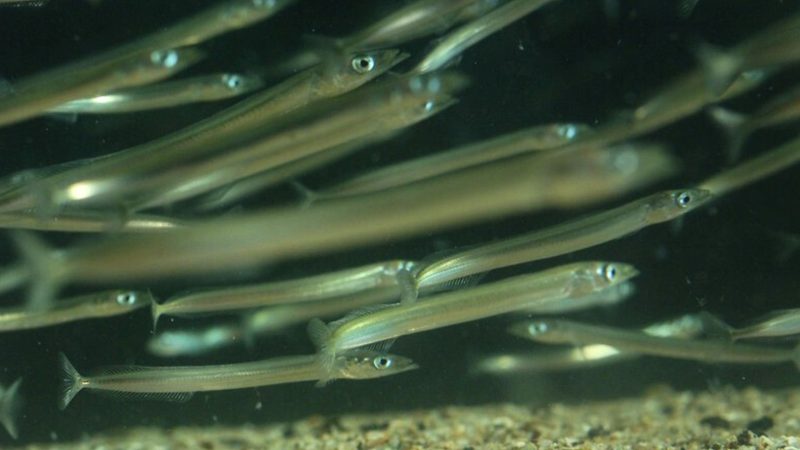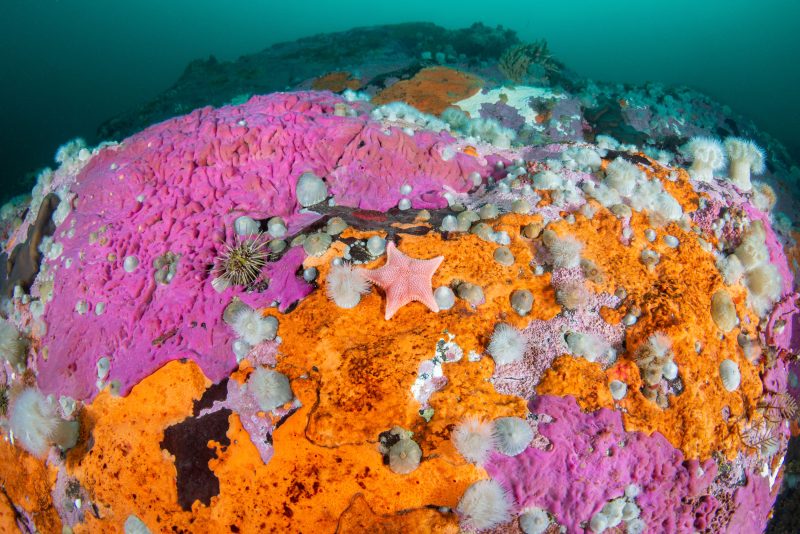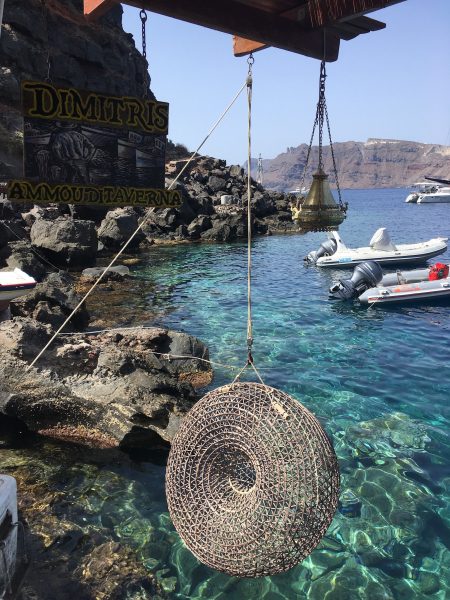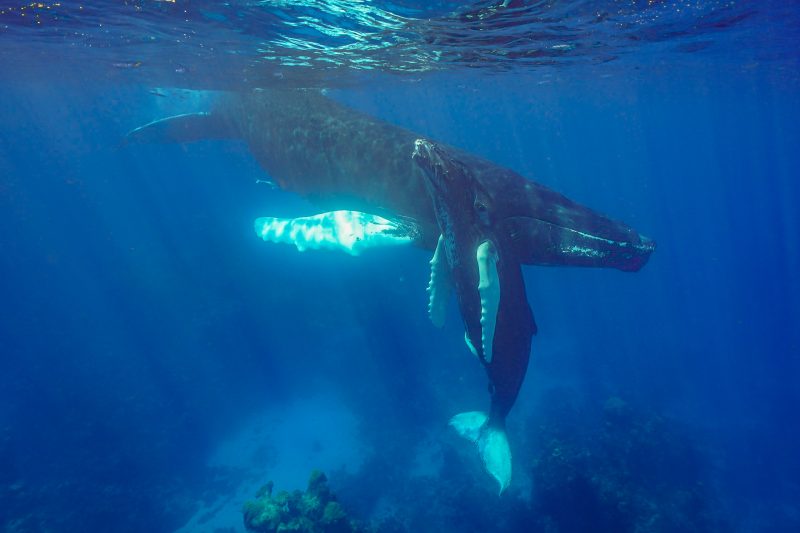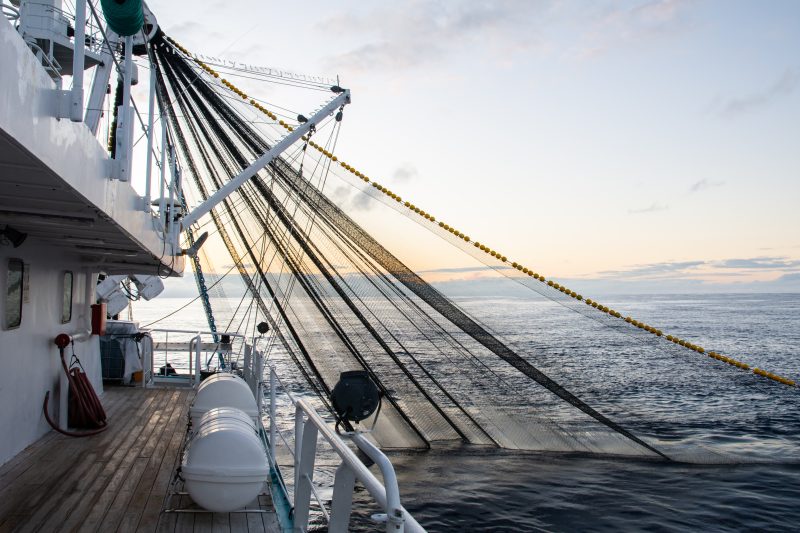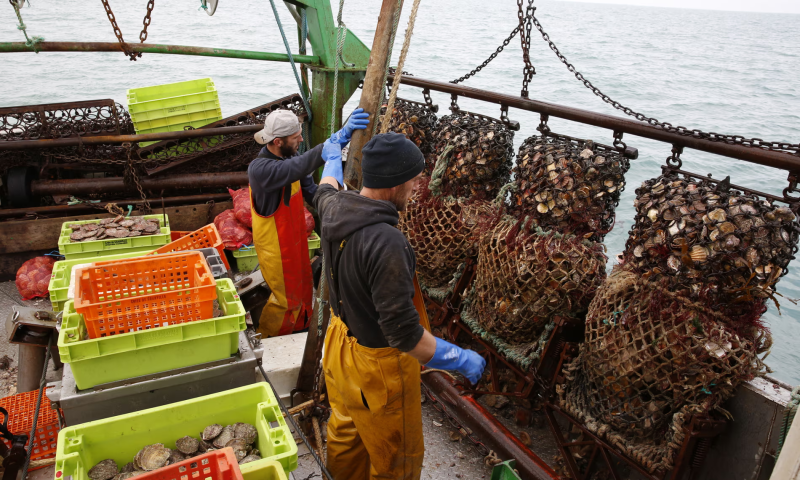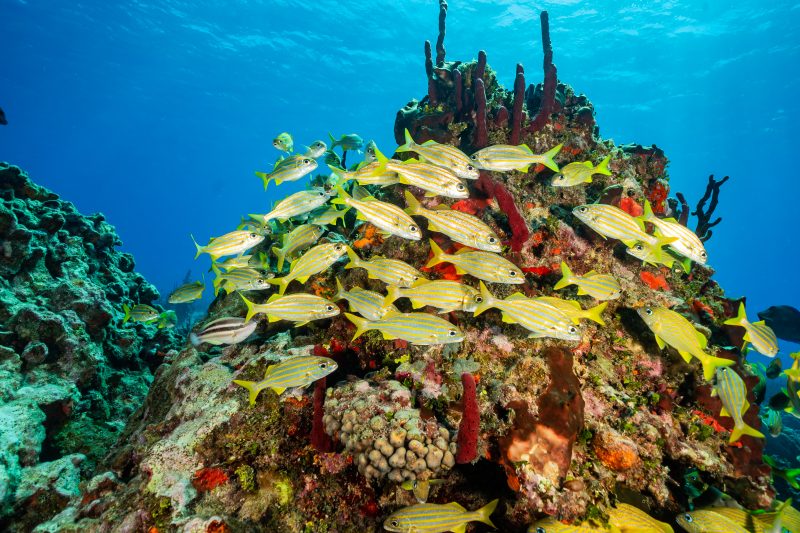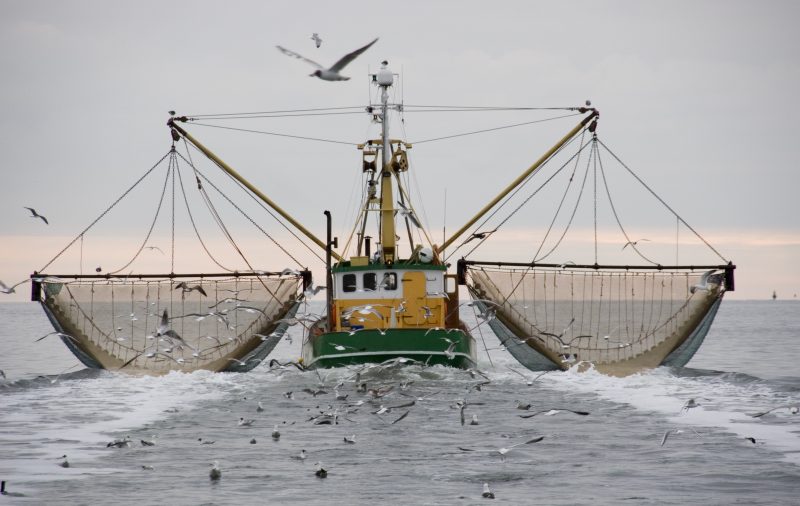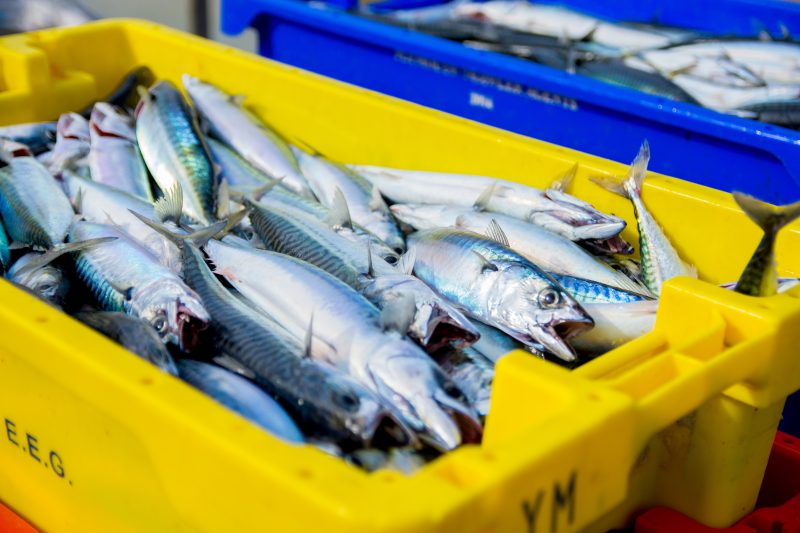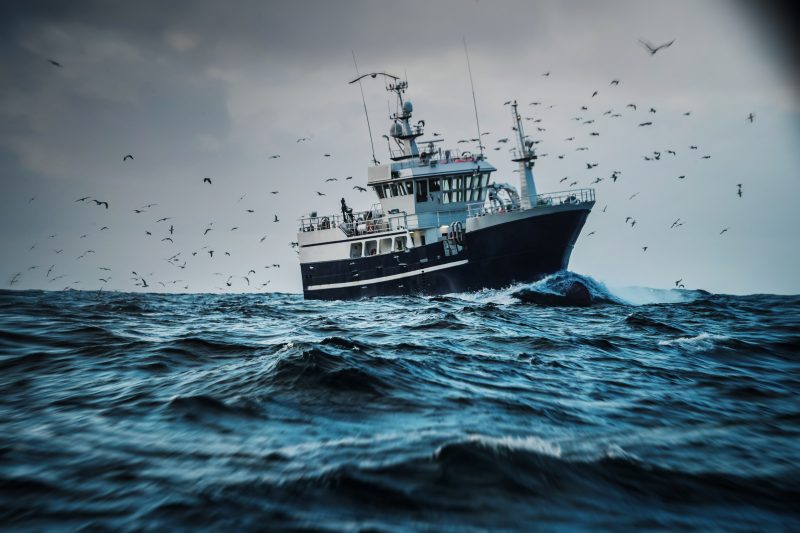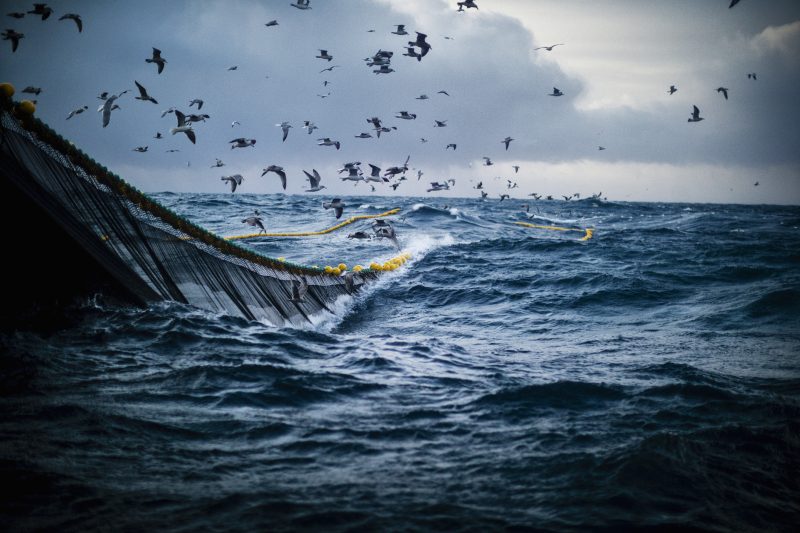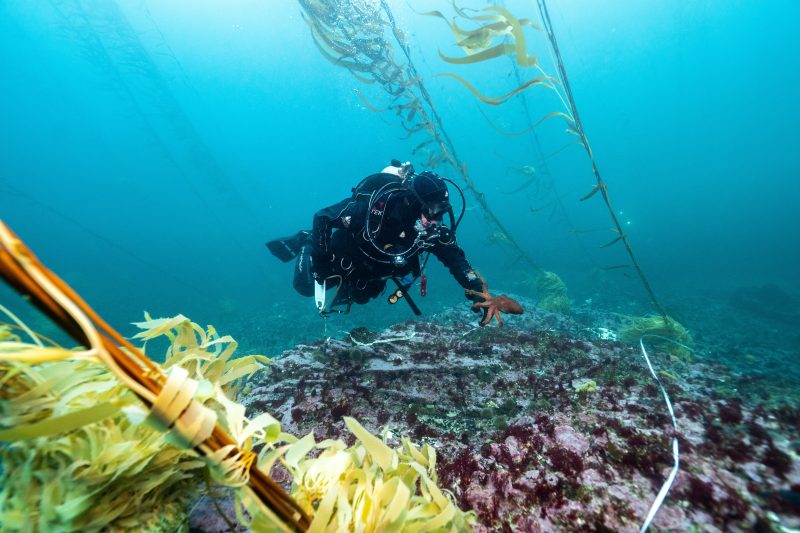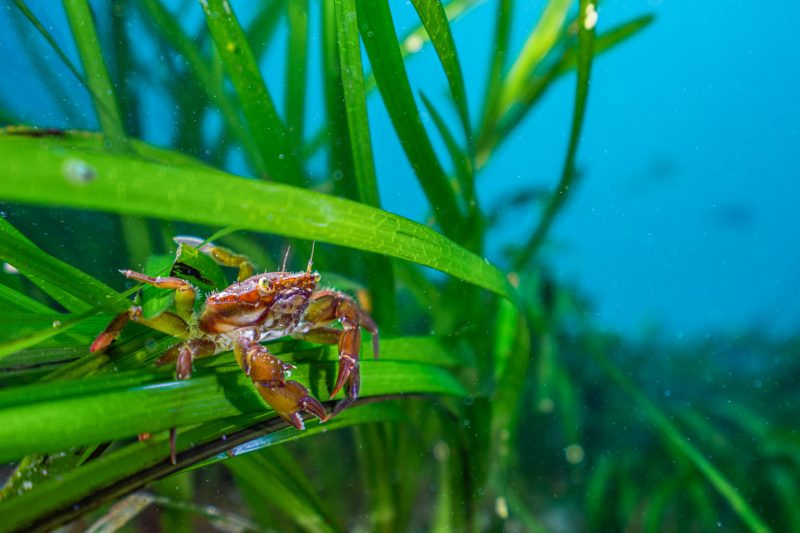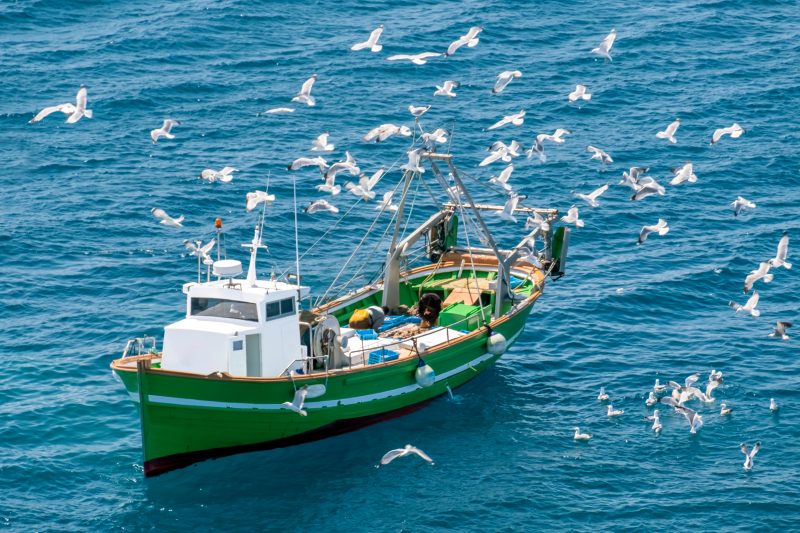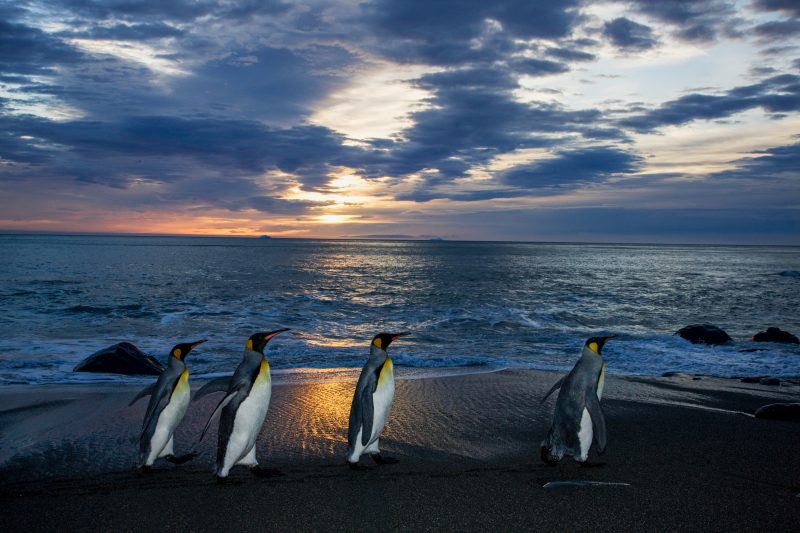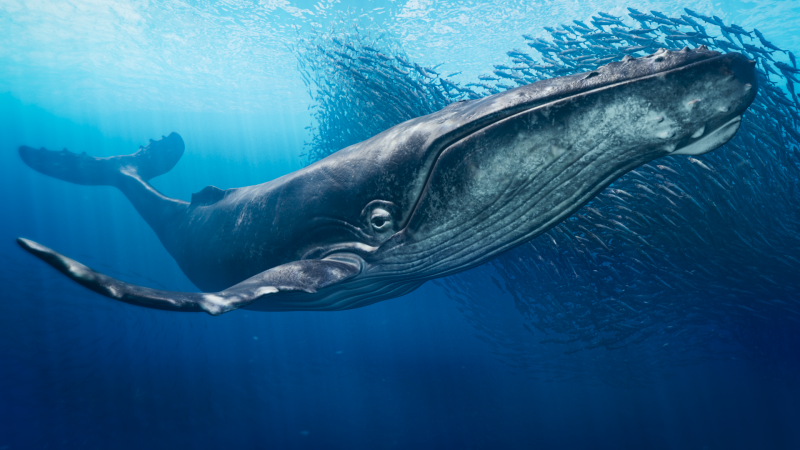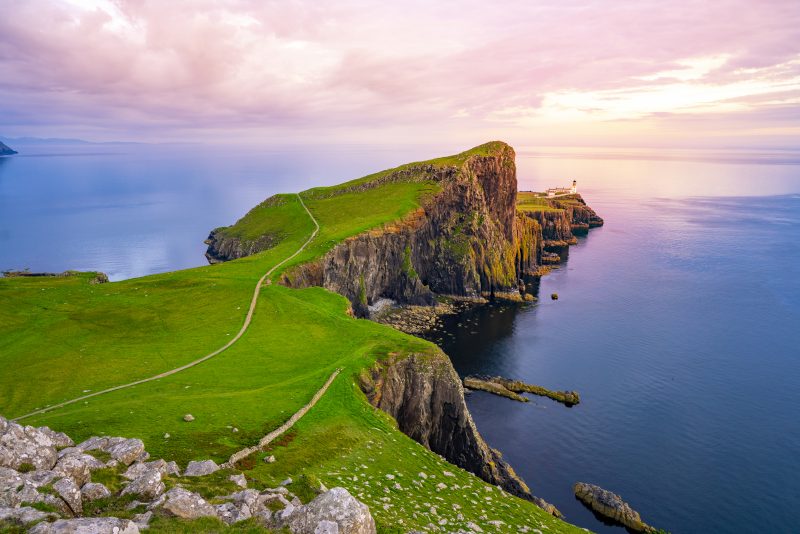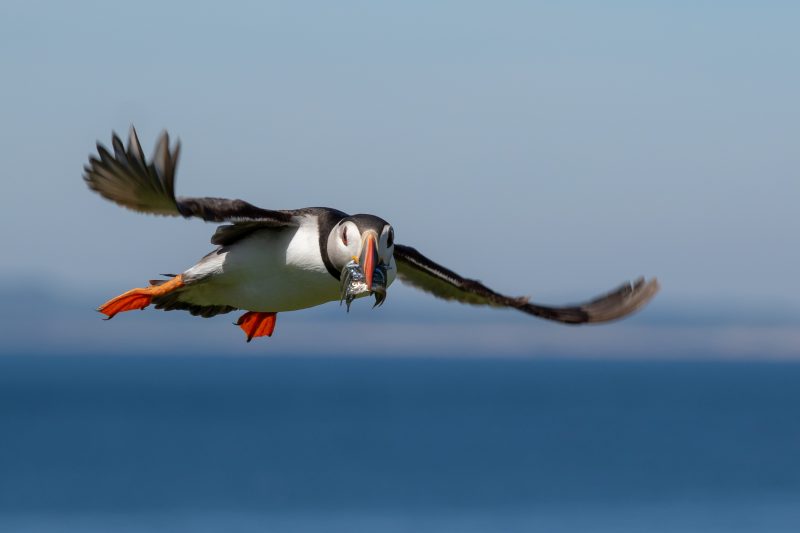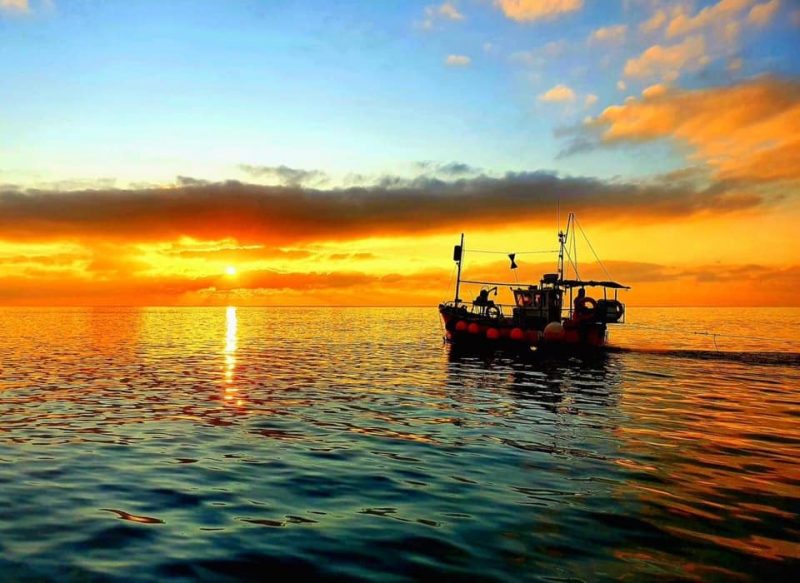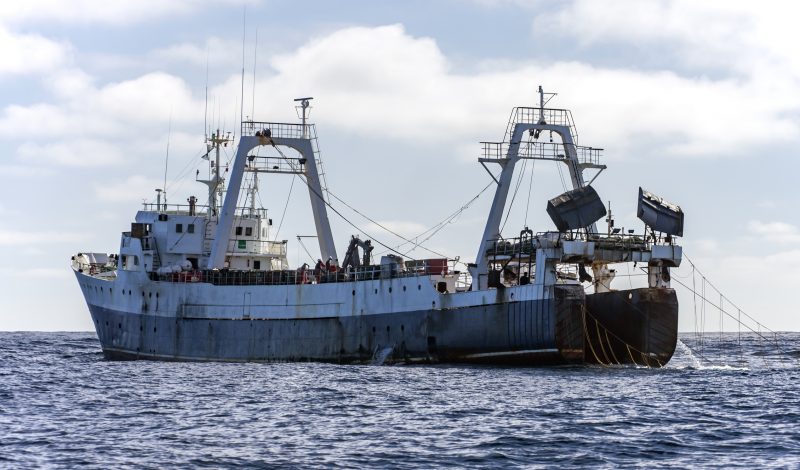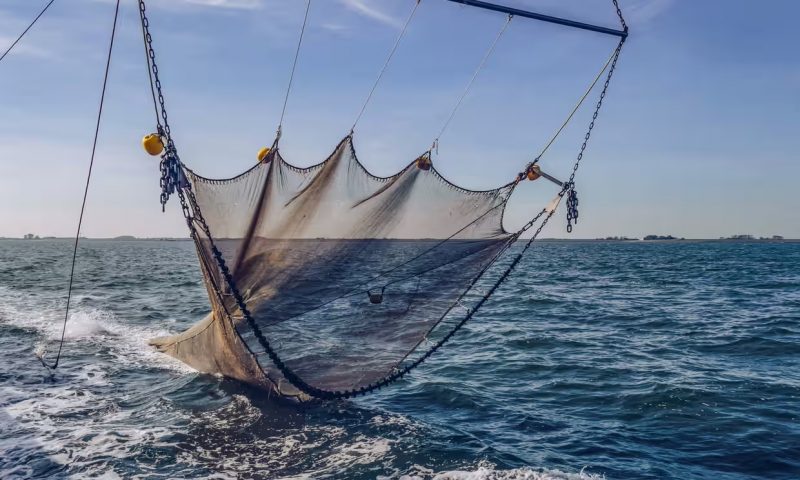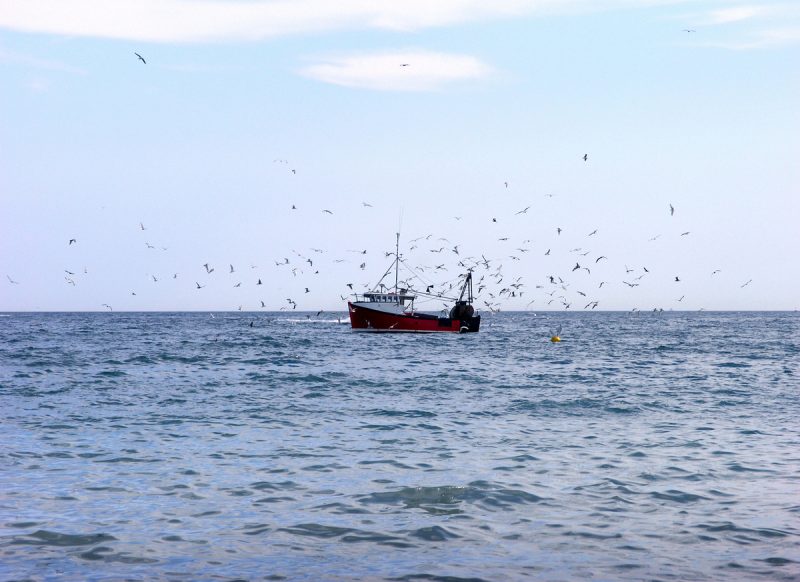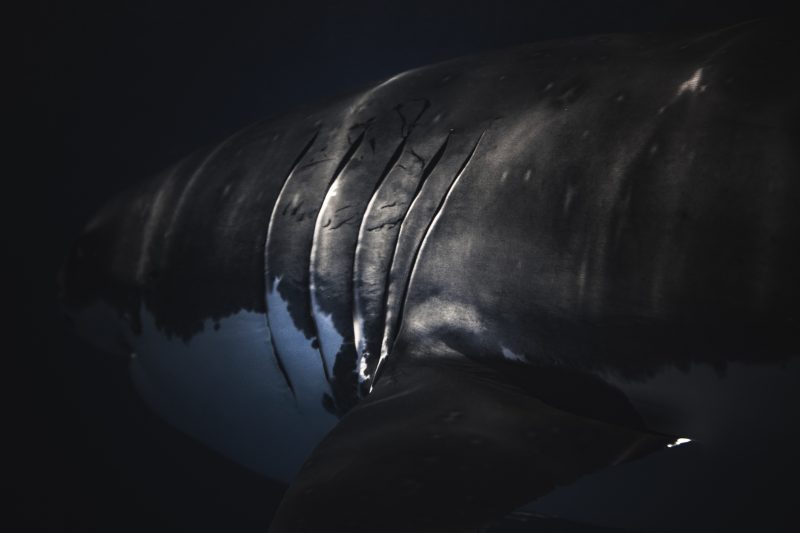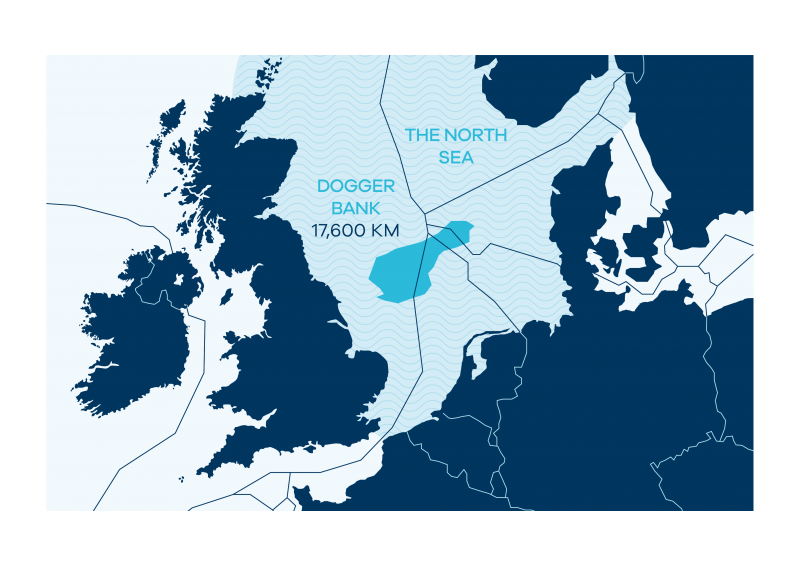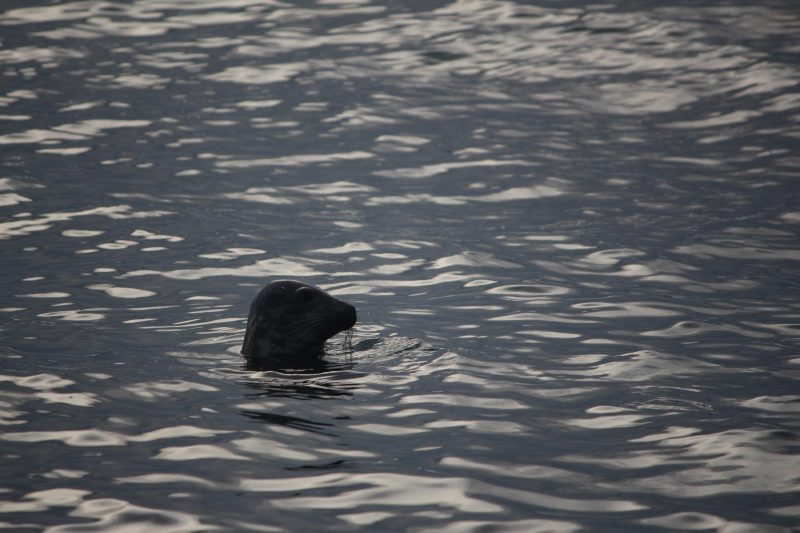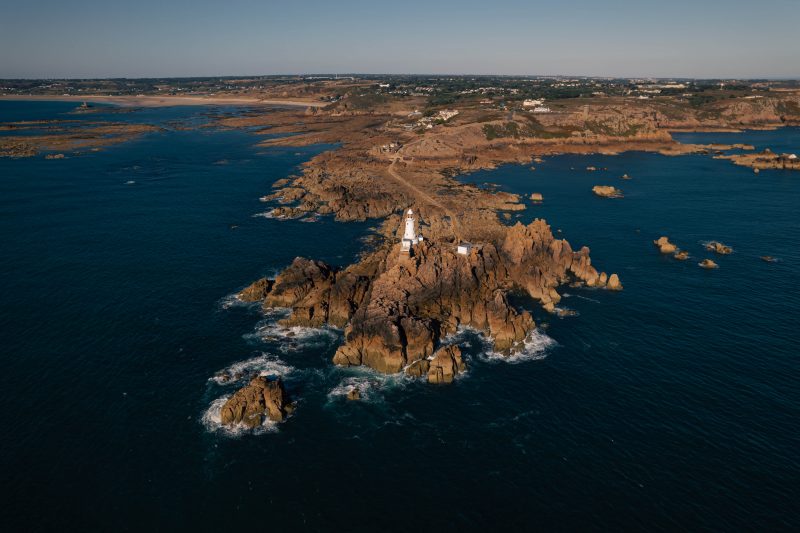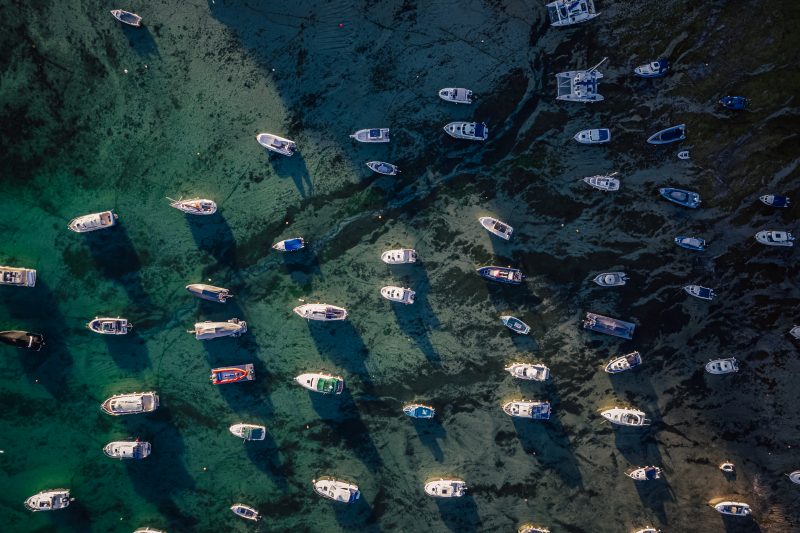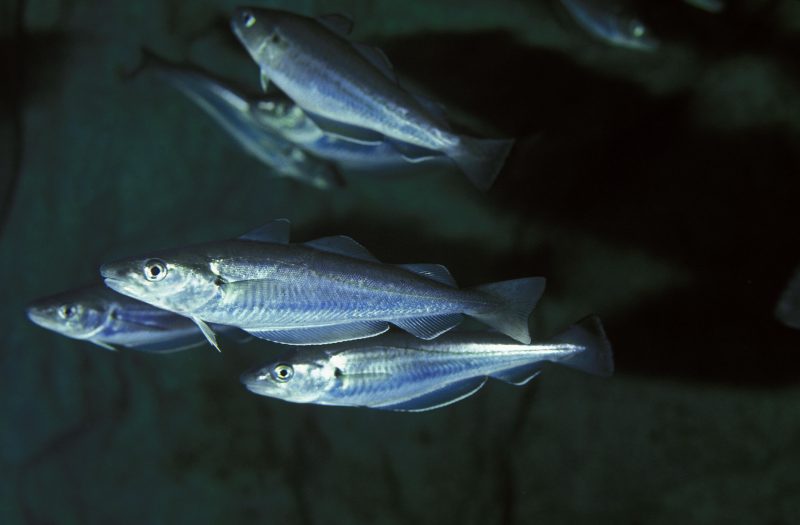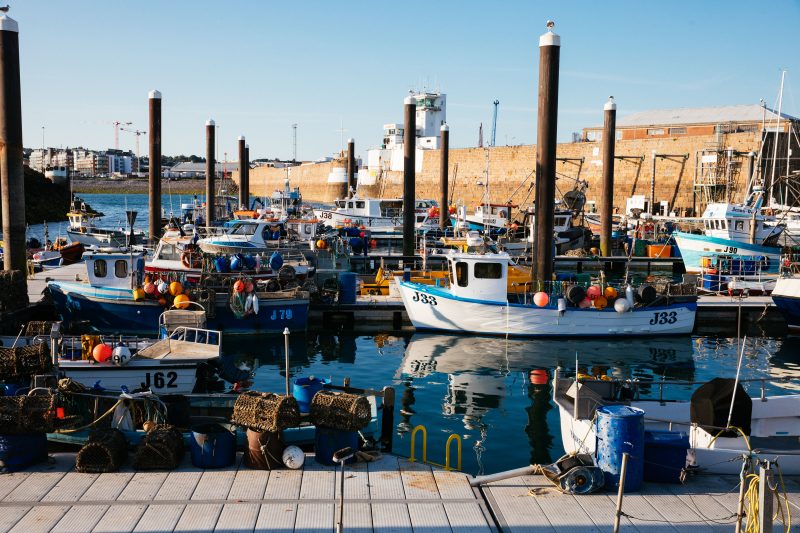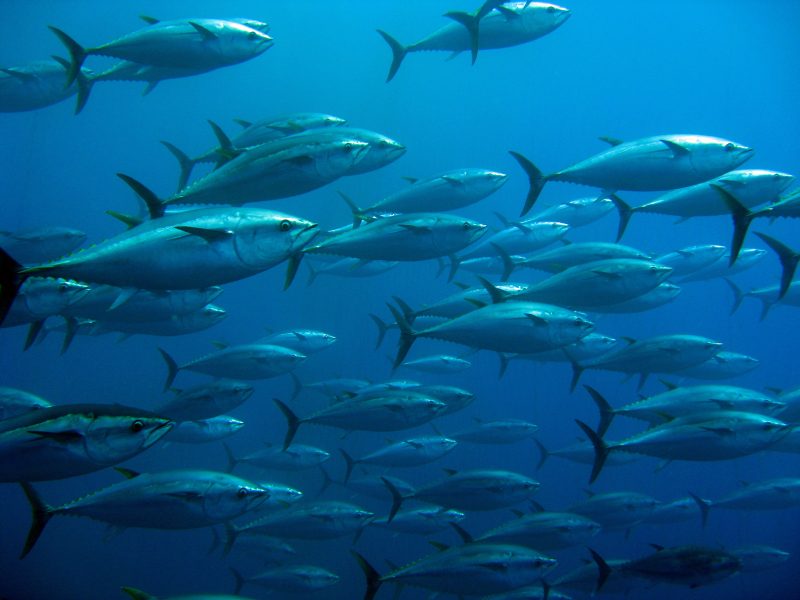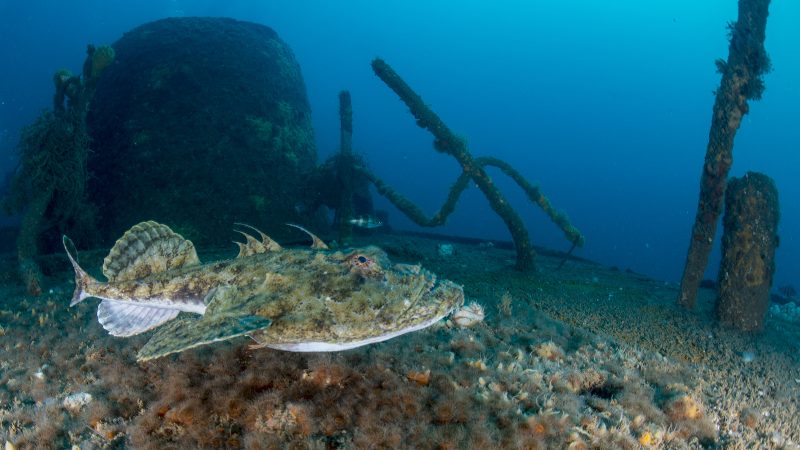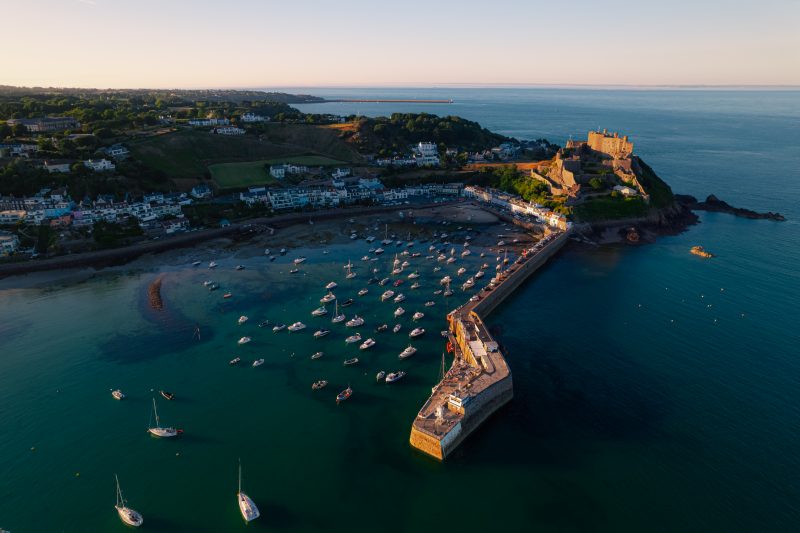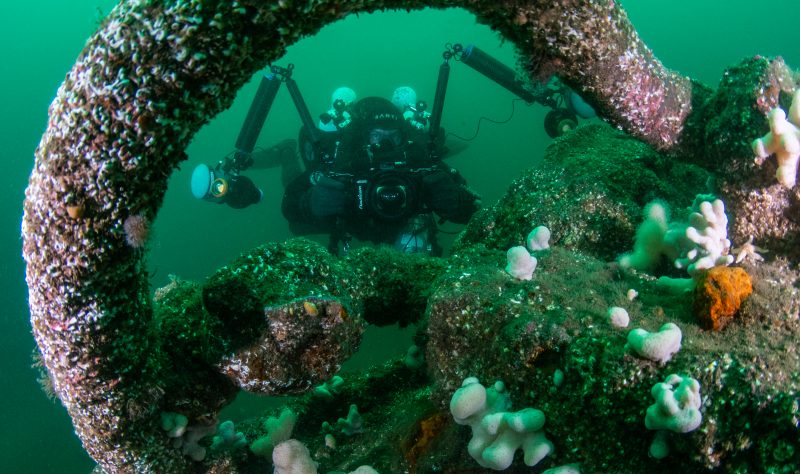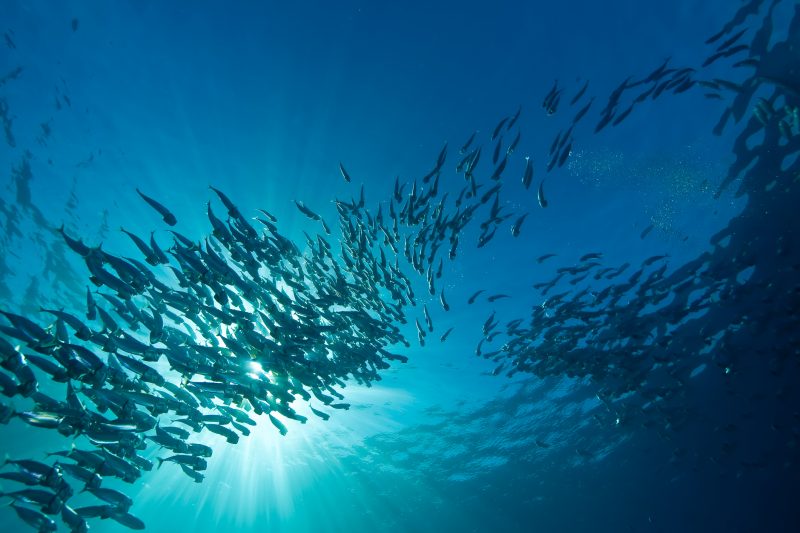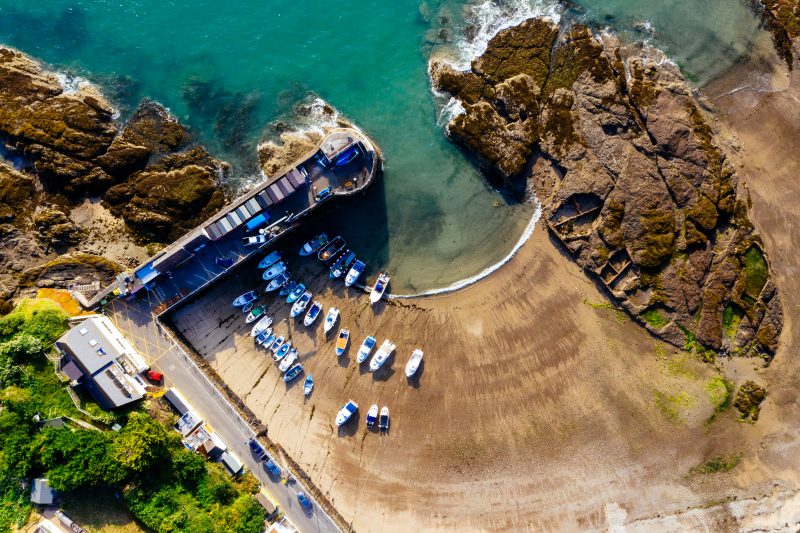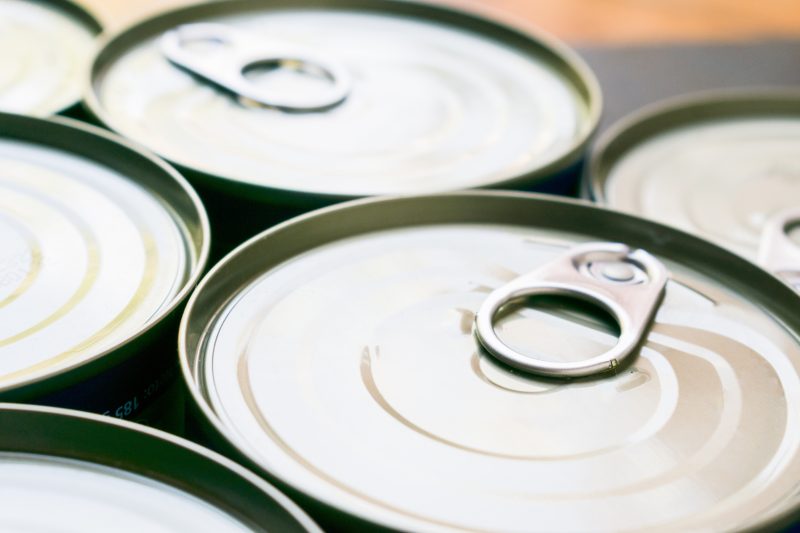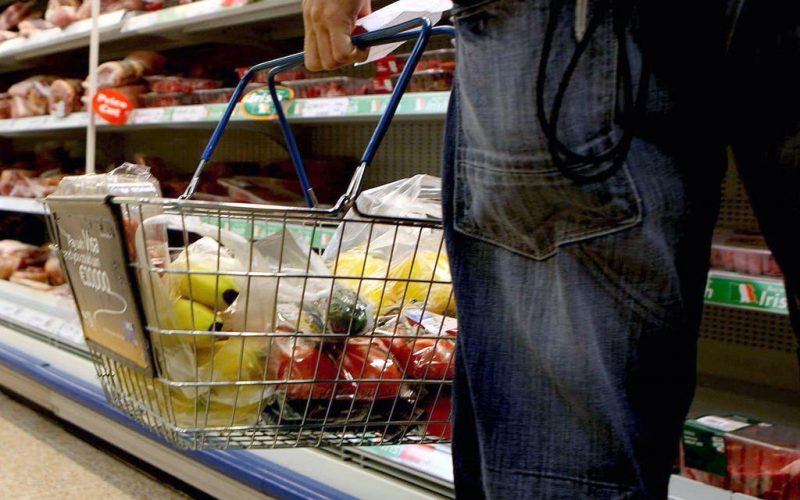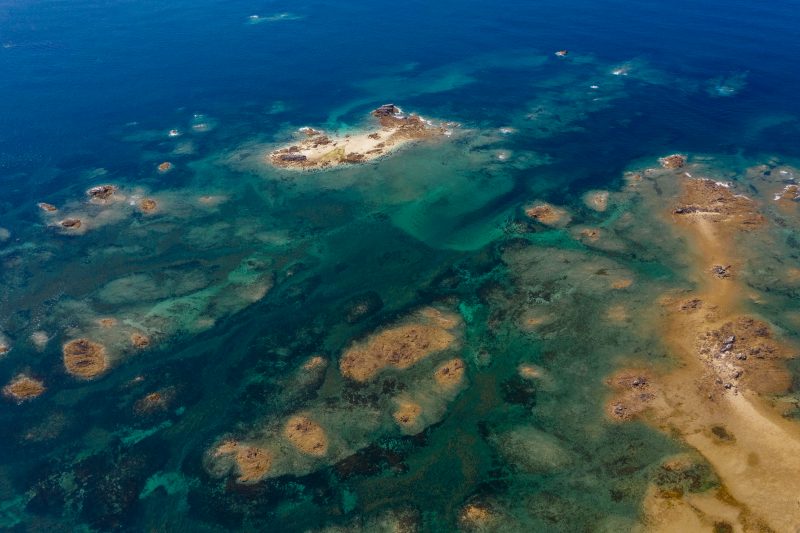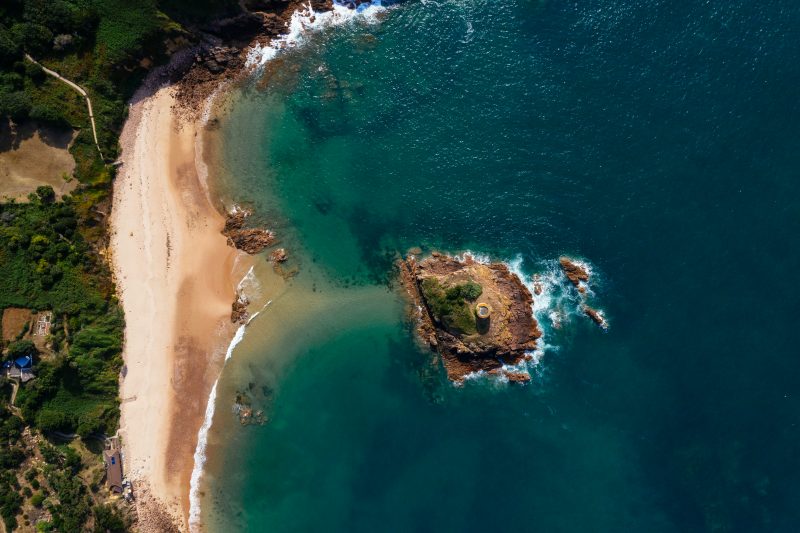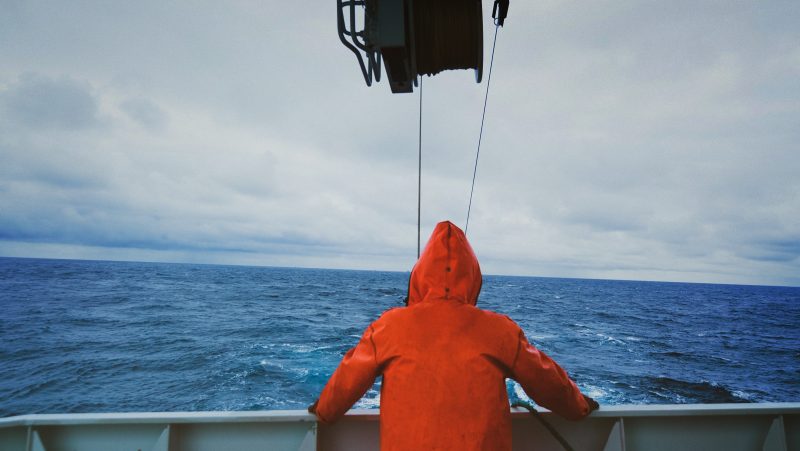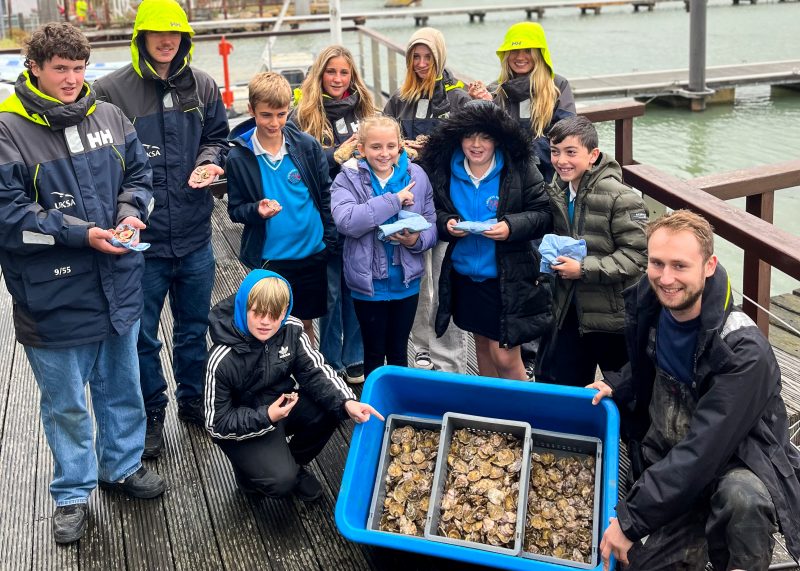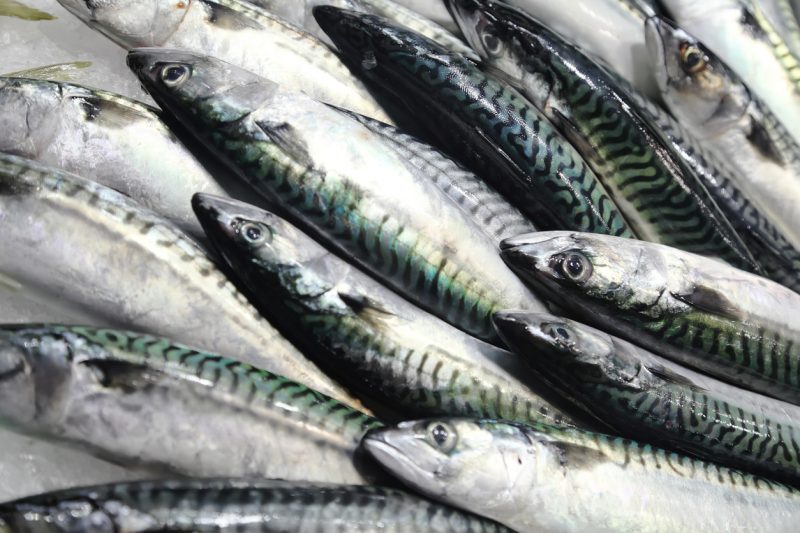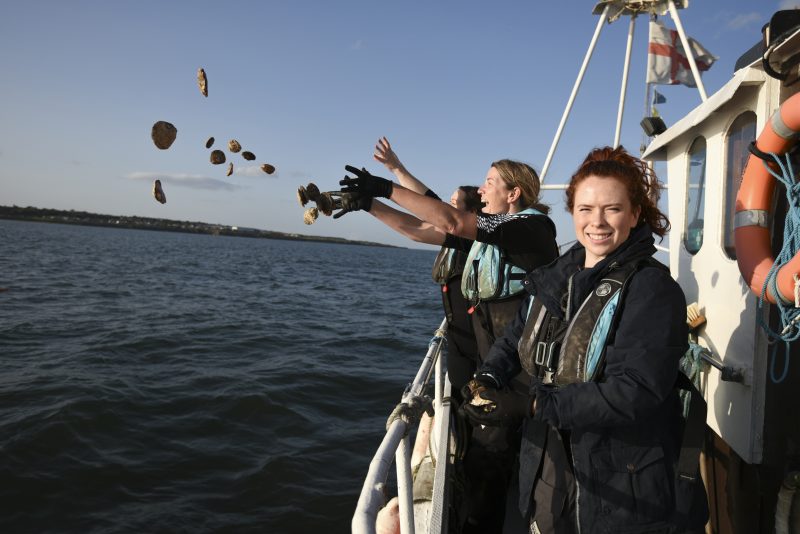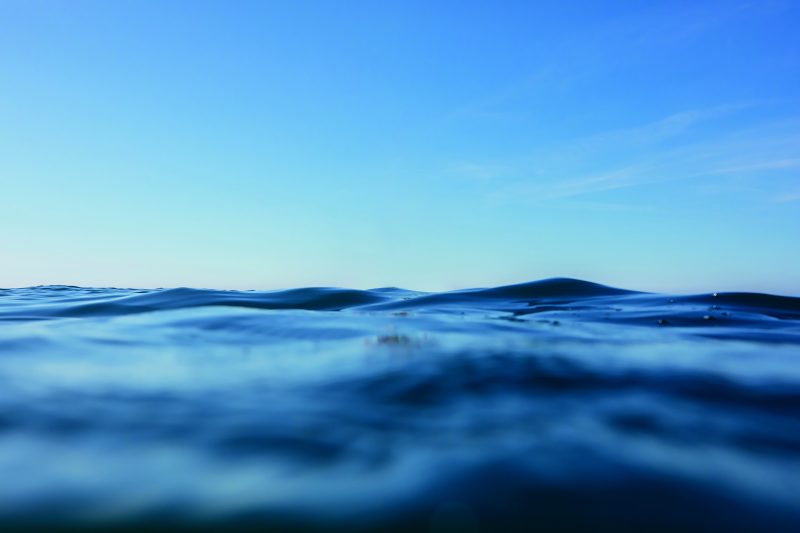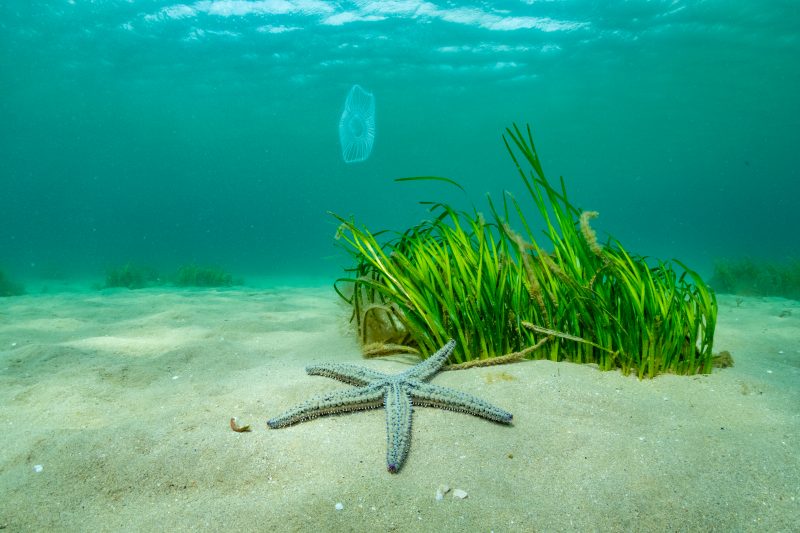If we take control, we can deliver for our marine environment.
I regard myself as pro-European. I like the idea of cooperating with other countries. Indeed for the last fifteen years, I had supported the idea of staying in the EU but radically reforming it so that major powers returned to national government and the authority of the European courts could be curtailed. However, in the event, meaningful reform and renegotiation proved completely impossible. The sorts of changes I wanted to see were deemed “not negotiable” by diplomats before the PM even started. So, I have now concluded that the only way to deliver the changes I want to see is to vote to leave the EU, end the supremacy of EU law and replace our membership of the EU with a new UK-EU partnership instead where we would work closely together on common challenges but no longer accept the jurisdiction of a pan-European legal system.
If we leave the EU, some things wouldn’t change. The third tranche of Marine Conservation Zones, which are a national initiative, would go ahead as planned. On fisheries, we would still target Maximum Sustainable Yield because if we want a profitable fishery for the future then we must fish sustainably. We would still have a quota system because, while quotas are not perfect, they are the only system that works in a shared fishery with mobile species. We would still strive to eliminate the wasteful practice of discarding dead fish back into the sea. Finally, international negotiation will always be crucial to effective fisheries management.
However, if we were to vote leave and take control, we would see improvements on many fronts. It would be easier to get things done and deliver policy change where change was required. The UK would regain its voting rights and its voice on numerous Regional Fisheries Managements Organisations where it has been systematically undermined and replaced by the EU in recent years. We would be able to take a more assertive role in promoting sustainable fisheries on the world stage because we would no longer be hindered by common EU positions. Promoting shark conservation, reducing catches of Blue Fin Tuna and forcefully arguing for an end to whaling would all become much easier if we left the EU and regained our own voice in international fisheries and wildlife conventions. We would also regain our seat in crucial quota negotiations in the North Sea and we would be in a strong position to reopen the principle of “relative stability” so that our fishermen along the south coast and in the Celtic sea receive a fairer allocation of international quotas.
The North Sea is economically the most important fishery in the UK. We are Europe’s largest producer of mackerel – caught in the west and in the northern North Sea – and North Sea cod and haddock are vitally
important fisheries. However, fishing opportunities for stocks like mackerel are not even decided by the EU. They are settled at an entirely separate organisation called the North East Atlantic Fisheries Commission through a series of meetings called the “coastal states meetings”. Norway has a seat at the table; Iceland has a seat at the table; The Faroes has a seat at the table. But, extraordinarily, the UK, the country with the greatest interest in the North Sea is denied a seat at the table because we are a member of the EU. Instead, our technical experts and diplomats are reduced to whispering in the ear of an EU negotiator and hoping they don’t mess it up.
If we re-establish national control for 200 nautical miles or the median line as provided for in international law then we would also be in the strongest possible position to re-open the issue of so called “relative stability” and argue for a fairer share of quota allocations in many fish stocks. The principle of relative stability has locked in some historic unfairness to the UK fleet especially in the Channel and the Celtic Sea in the far South West. If you look at Cod in the Celtic sea and surrounding areas, in 2015, the UK allocation was just 834 tonnes compared to 5,500 tonnes for France. For Plaice in the Channel, it was 1300 tonnes for the UK but 2600 tonnes for France. In the Eastern Channel which is important to our south coast fishermen, the UK receives 670 tonnes of Dover Sole but France receives 1875 tonnes.
This referendum is a one off. If we act decisively and leave, we will regain control and will then have the power to deliver the change our fishing industry and marine environment so craves. In five years’ time, the only question we will ask ourselves is why we didn’t do it sooner.
To see Stanley Johnson’s view to stay in the EU, click here.

